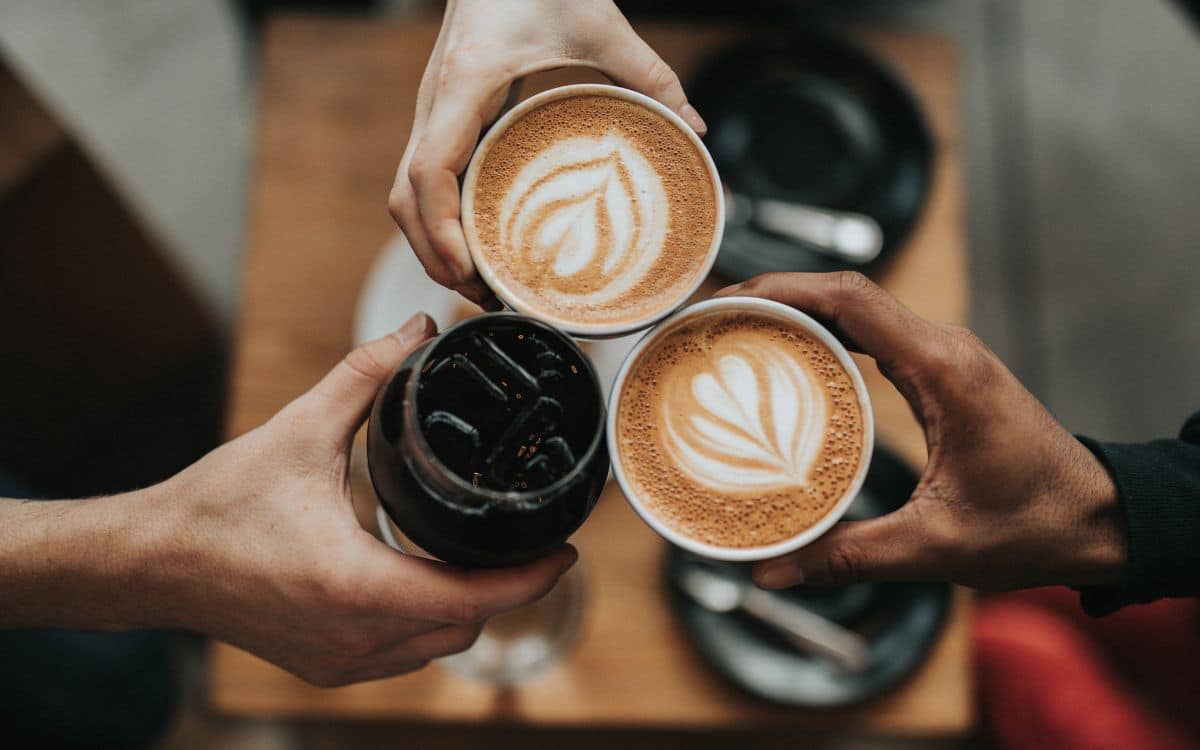Coffee After Oral Surgery: Safe Consumption

The allure of a warm cup of coffee after oral surgery can be tempting, but it’s essential to approach this indulgence with caution. Oral surgery, whether it involves wisdom teeth removal, dental implants, or other procedures, requires careful post-operative care to ensure proper healing and minimize the risk of complications. One of the key considerations during this period is the timing and manner of consuming coffee, a beverage that, while beloved by many, can potentially interfere with the healing process.
Understanding the Impact of Coffee on Oral Surgery Recovery
Coffee, like any other beverage, can affect the body in multiple ways, especially after oral surgery. The primary concerns with consuming coffee post-operatively include:
- Bleeding and Clotting: Caffeine can increase heart rate and blood pressure, which might lead to bleeding at the surgical site. The formation of a blood clot is crucial for healing, and any disruption can lead to dry socket or other complications.
- Dehydration: Coffee is a diuretic, meaning it can increase urine production, leading to dehydration if not balanced with sufficient fluid intake. Proper hydration is vital for the healing process, as it helps in replenishing blood loss, maintaining tissue health, and supporting the body’s natural repair mechanisms.
- Pain and Discomfort: While coffee might provide a mental boost, its caffeine content can also interfere with certain pain medications, either by enhancing their effects, which could lead to toxicity, or by reducing their efficacy, making pain management more challenging.
Guidelines for Safe Coffee Consumption After Oral Surgery
To enjoy coffee safely after oral surgery, follow these guidelines:
- Wait for the Right Time: It’s generally recommended to avoid coffee for at least 24 to 48 hours after surgery. This allows the initial healing process to begin without potential complications from caffeine or hot liquids.
- Choose the Right Temperature: Opt for lukewarm or cool coffee rather than hot. Hot beverages can dissolve the blood clot, leading to bleeding and dry socket.
- Be Mindful of Caffeine Intake: Limit your caffeine intake to avoid dehydration and other systemic effects. A moderate amount, typically defined as up to 200mg (about one to two cups of coffee), is usually safe for most adults, but this can vary based on individual sensitivity and other health conditions.
- Monitor Your Body’s Response: Pay attention to how your body reacts to coffee after oral surgery. If you experience increased bleeding, discomfort, or any unusual symptoms, it may be best to avoid coffee for a longer period.
- Stay Hydrated: Balance your coffee consumption with plenty of water and other non-caffeinated fluids to prevent dehydration.
Alternatives and Considerations
For those who rely heavily on coffee, the temporary restriction might seem daunting. However, there are alternatives and considerations that can make this period more manageable:
- Decaffeinated Coffee: If the caffeine is a concern but you still crave the taste of coffee, decaffeinated options can be a good alternative. However, be mindful that even decaf coffee contains some caffeine.
- Herbal Teas: Herbal teas offer a warm, comforting beverage option without the caffeine. Peppermint, chamomile, and ginger teas can be soothing and may also offer some health benefits.
- Cold Beverages: If you’re used to drinking coffee for its flavor, consider cold brew coffee or iced coffee as a lower-temperature alternative, keeping in mind the guidelines above.
Conclusion
While coffee can be a part of your daily routine, it’s crucial to temporarily adjust your consumption habits after oral surgery to prioritize your recovery. By understanding the potential impacts of coffee on the healing process and following the guidelines for safe consumption, you can minimize risks and enjoy a smooth, uncomplicated recovery.
How long should I wait before drinking coffee after oral surgery?
+It's recommended to wait at least 24 to 48 hours after surgery before consuming coffee to prevent complications such as bleeding and to allow the initial healing process to begin without interference.
Can I drink decaf coffee after oral surgery?
+
What are some alternatives to coffee after oral surgery?
+Alternatives to coffee include herbal teas like peppermint, chamomile, and ginger, which can be soothing and offer health benefits without the caffeine. Cold brew or iced coffee can also be options if you prefer a coffee flavor but need to avoid hot temperatures.
In conclusion, while coffee can be a cherished part of daily life, temporary adjustments are necessary after oral surgery to ensure a safe and uncomplicated recovery. By following the guidelines outlined and considering alternatives when necessary, you can manage your coffee cravings while prioritizing your health and the success of your oral surgery.


